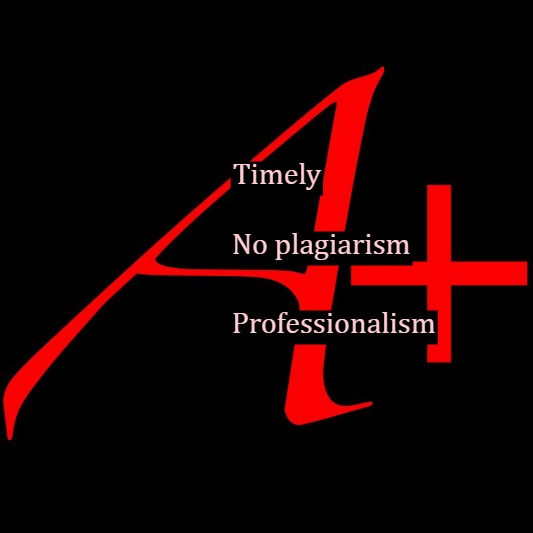“It Is Both Possible (And Even Necessary) To Simultaneously Enjoy Media While Also Being Critical Of Its More Problematic Or Pernicious Aspects.”
Harassment in the Video Game Community
One of the major issues of concern in popular culture is harassment. In social media, for example, various groups of people receive harassment from online users propagating racism, sexism, and other negative labeling activities. In the video game community, players can receive harassment that comes in the form of insults, sarcasm, or physical confrontation. A case of harassment that has attracted considerable attention in the video game community is sexist remarks made against women in the online game community. In 2020, The New York Times ran a story about women who came out to report sexual abuse and harassment through online gaming platforms (Lorenz and Browning). I related to this story when one of my female friends narrated an encounter with online competitors that fell under sexism.
While playing in a certain online game, this friend was prompted to fill out a player profile. Some of the details included in this profile were names and gender. Additionally, it was mandatory to create a stage name derived from the actual names in the profile form. Ten minutes into the game, she received a message in her gaming account with all manner of derogatory remarks. The most striking statement was a complaint by this user mocking my friend for playing online games rather than “making dinner for the children.” Both of us found this statement offensive. I, therefore, took a screenshot of the message and posted it on the gaming company’s Twitter direct messaging asking them to take action against the player by first deactivating his account. Since this encounter took a toll on my friend’s emotional health, I walked her through a brief counseling session while encouraging her to continue pursuing her interests in video games without giving attention to such misogynistic statements.
